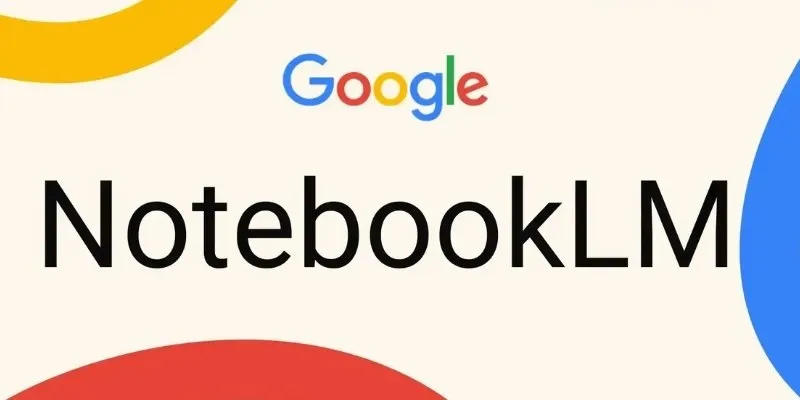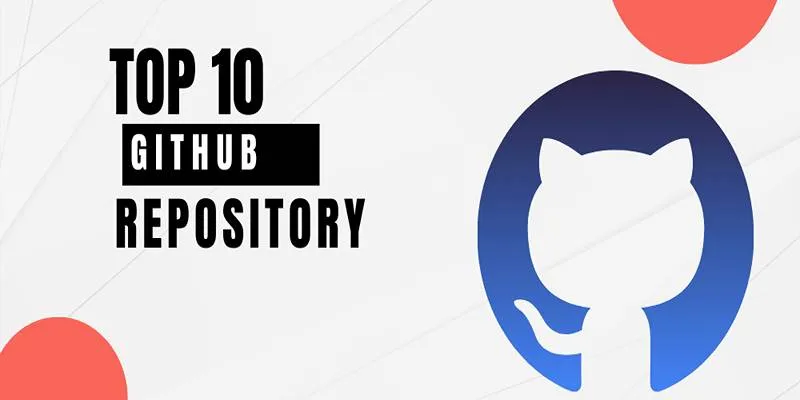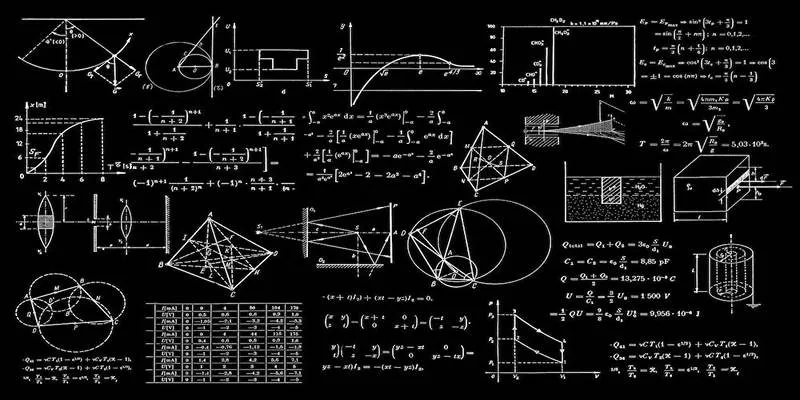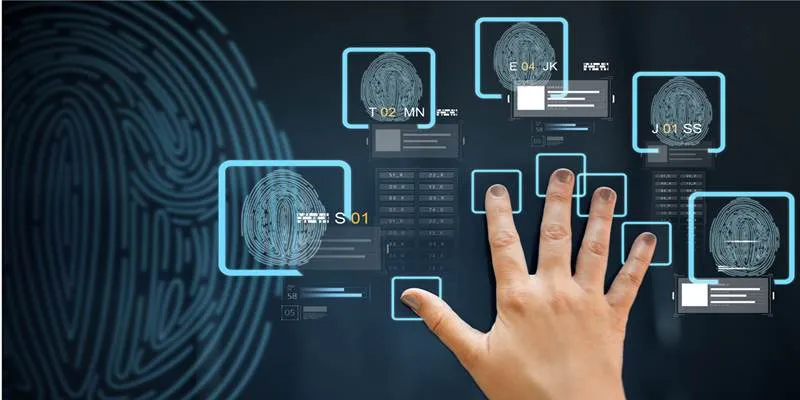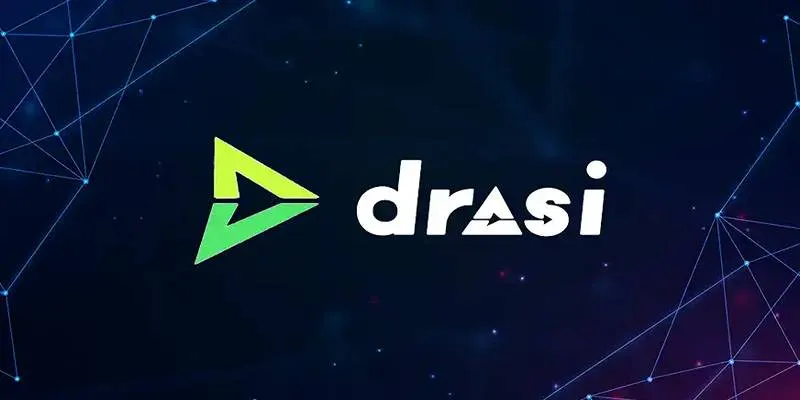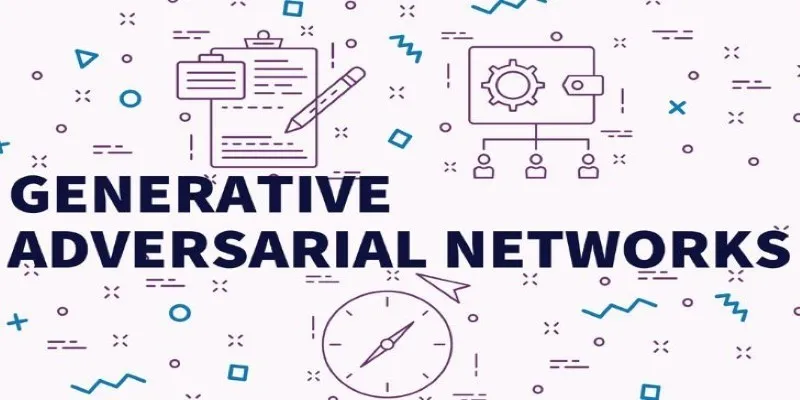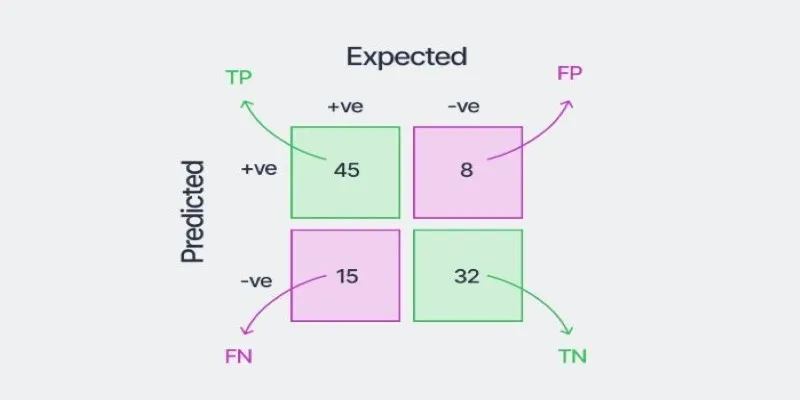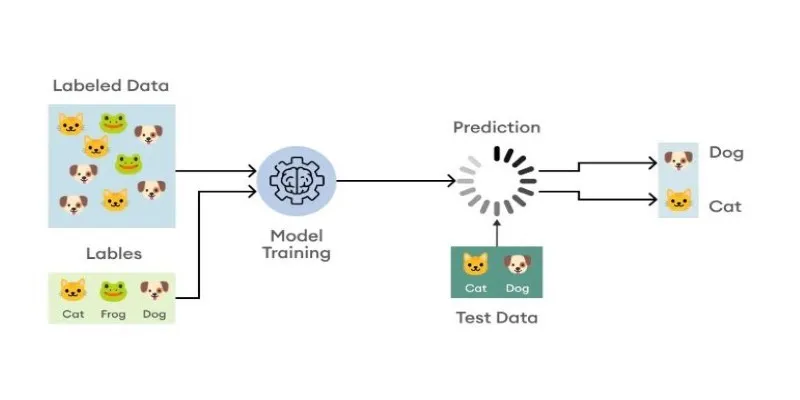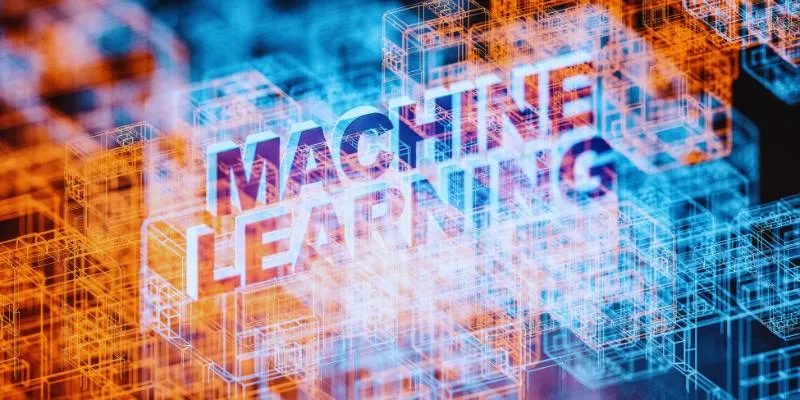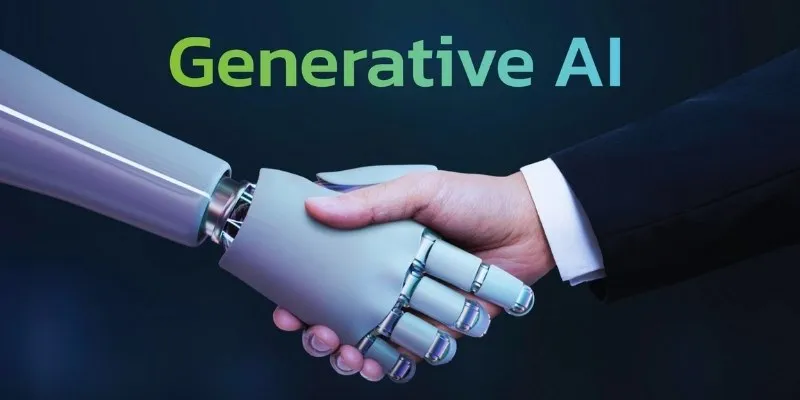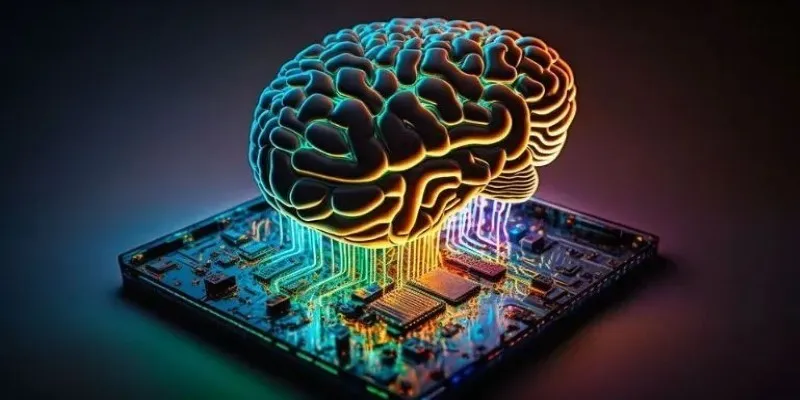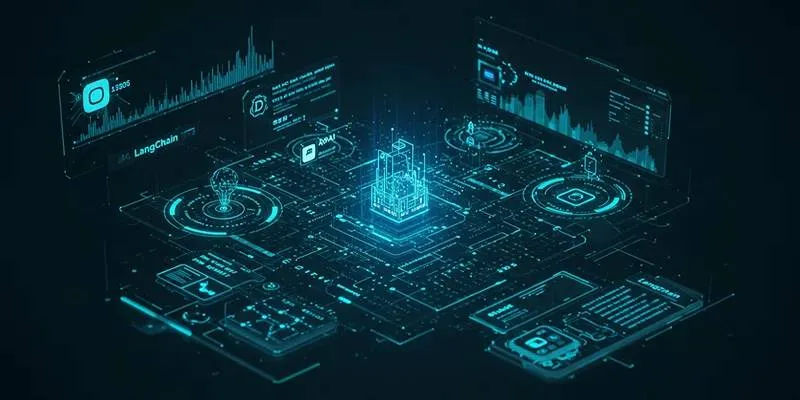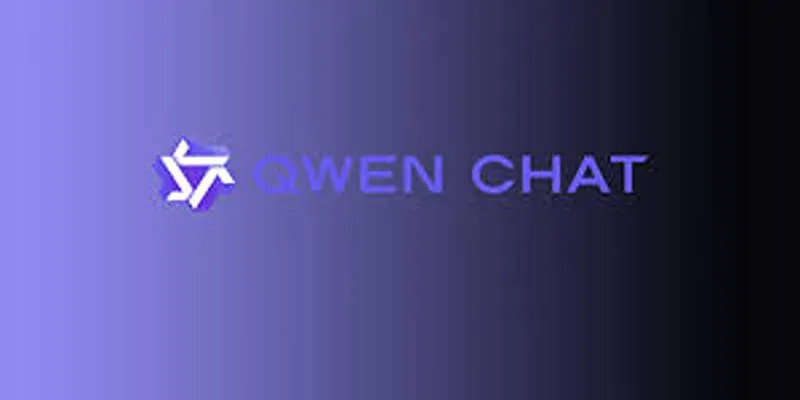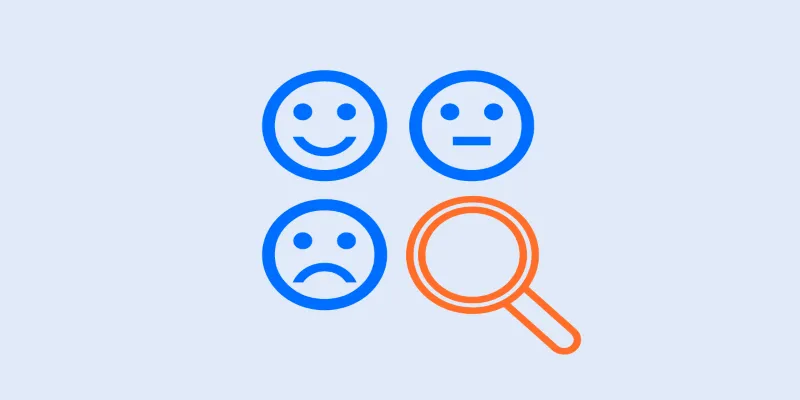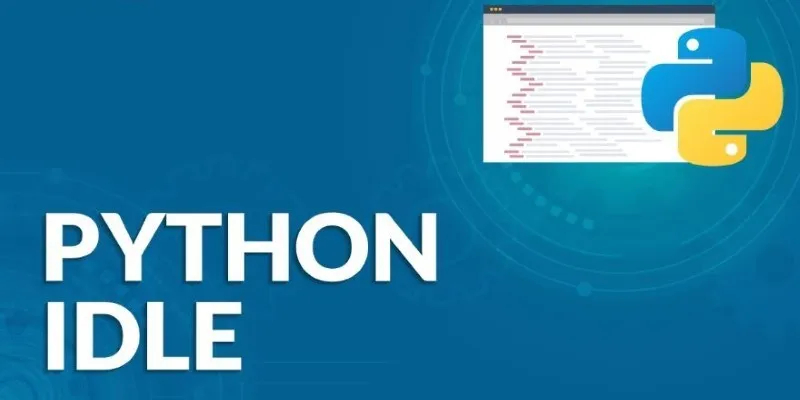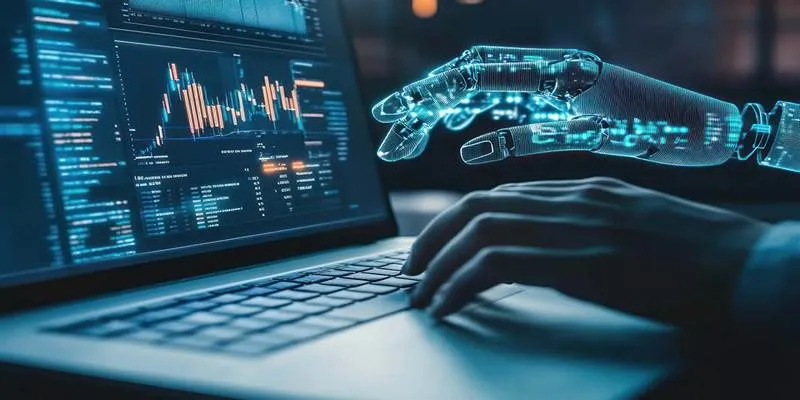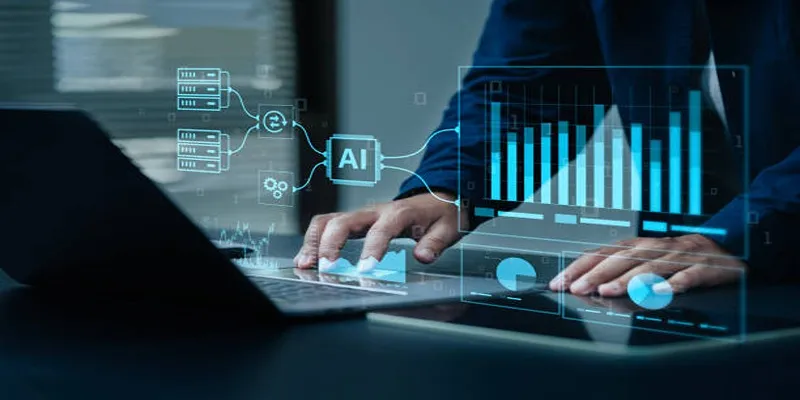Did you know that data science is expected to grow at an average rate of 22% by 2030? Data science combines statistics, programming, math, and machine learning and is essential across industries, from medical to manufacturing and finance to retail. Data scientists play a key role in helping businesses leverage data to enhance efficiency, innovation, and growth.
As a data scientist, it’s crucial to continually update your knowledge to stay competitive in the field. Reading books by experts is an excellent way to do this. If you’re unsure which books to include in your reading list, we’ve got you covered. Here are the top books every data scientist should read in 2025, regardless of your current knowledge level in data science.

11 Books To Add To Your Reading List As A Data Scientist
Below, we’ve listed the top 11 books that every data scientist should read in 2025:
Python Data Science Handbook
Written by Jake VanderPlas, this book is beginner-friendly and covers everything you need to know about data manipulation, web scraping, machine learning, and visualization using Matplotlib. You’ll also find Python libraries such as NumPy, Scikit-Learn, Pandas, Jupyter, and Matplotlib. The book explains concepts simply and in detail, with guidelines and techniques to use data manipulation effectively.
Data Science From Scratch
Authored by Joel Grus, “Data Science from Scratch” requires prior knowledge of Python, math, statistics, and algebra. If you’re an intermediate programmer looking to learn machine learning and data science , this book is for you. It’s a great mix of a textbook and a regular book, providing a good entry point into data science and machine learning, including practical steps for learning the Naive Bayes machine learning algorithm.
Hands-on Machine Learning with Scikit
Written by Geron Aurelien, this book primarily covers Python. Knowledge of machine learning and deep learning libraries like Scikit-Learn, TensorFlow, and Keras is beneficial. The book offers a practical approach to applying machine learning techniques to real-world cases, making it ideal for experienced learners.
An Introduction To Statistical Learning
Authors Gareth M. James, Trevor Hastie, Daniela Witten, and Robert Tibshirani offer in-depth knowledge about the data processing lifecycle. The book provides statistical insights and explains how to become a data scientist, including key machine-learning algorithms. It’s a great resource to refresh your knowledge of algorithms you might not use regularly.
Data Analysis With Open-Source Tools
Phillip K. Janert explains classical statistics, graphical data exploration, simulation, scaling arguments, clustering, dimensionality reduction, probability models, and predictive analysis. The book uses practical examples for real-world applications and emphasizes evaluating results independently rather than relying solely on tools.
Introduction to Machine Learning with Python
Written by Andreas C. Müller and Sarah Guido, this book is for intermediate to expert programmers with data science and Python knowledge. It provides practical explanations of algorithms, focusing on their practical uses rather than mathematical theory. The book also explores Scikit-Learn and core libraries like Jupyter Notebook, Pandas, NumPy, and SciPy.

Weapons of Math Destruction
In this book, Cathy O’Neil delves into real-world applications of algorithms, exploring the potential biases they may perpetuate, such as racial biases in policing algorithms. O’Neil encourages readers to critically consider how algorithms are developed and applied.
Everybody Lies
Written by Seth Stephens-Davidowitz, this book is less technical and offers intriguing stories that relate to data science concepts. It explores themes like news, Google, and image data, targeting readers curious about data science’s impact on social data.
Essential Math for Data Science
Thomas Nield’s book provides a mathematical foundation for understanding data science codes and algorithms. It covers Python libraries and various mathematical concepts, offering practical information about data science and its applications.
Obviously Awesome
April Dunford’s “Obviously Awesome” teaches data scientists how to market their work effectively. The book provides strategies to connect with clients, leverage market trends, and position products to maximize their value.
Deep Learning with PyTorch Step-by-Step
Authored by Daniel Voigt Godoy, this book explains deep learning and PyTorch. It covers natural language processing, sequences, and computer vision, offering clear explanations without complex mathematical diagrams or codes.
Conclusion
Several books can enhance your understanding of data science and its real- world applications. “Python Data Science Handbook,” “Data Science from Scratch,” “Hands-on Machine Learning with Scikit,” “An Introduction to Statistical Learning,” and “Data Analysis with Open-Source Tools” are among the essential reads. These books will help you build and expand your data science knowledge.
 zfn9
zfn9
